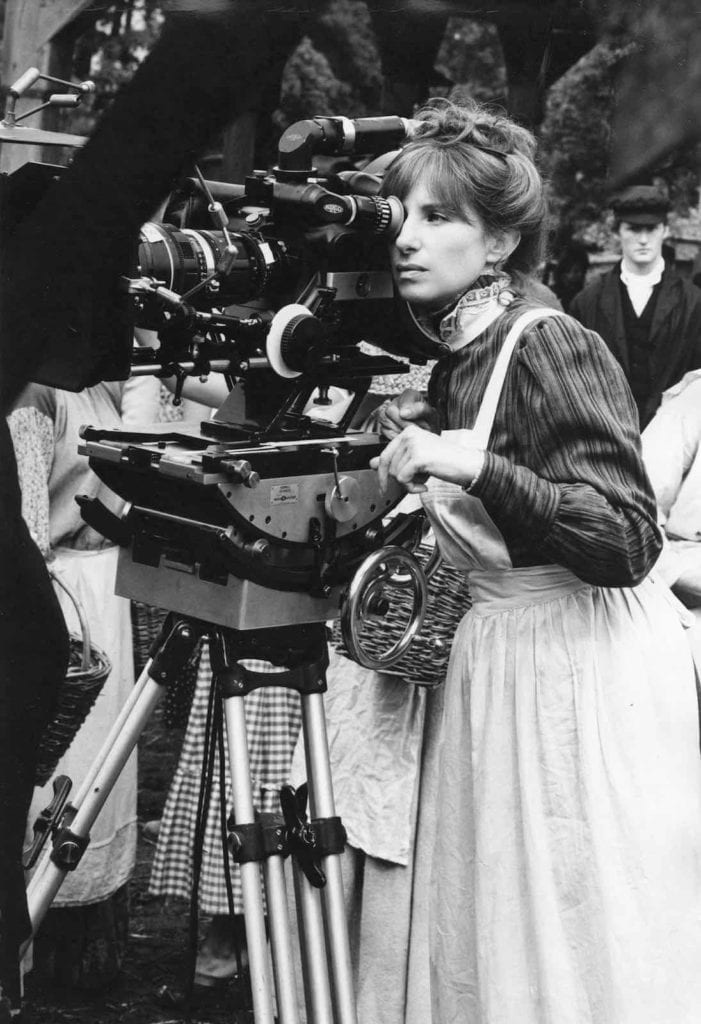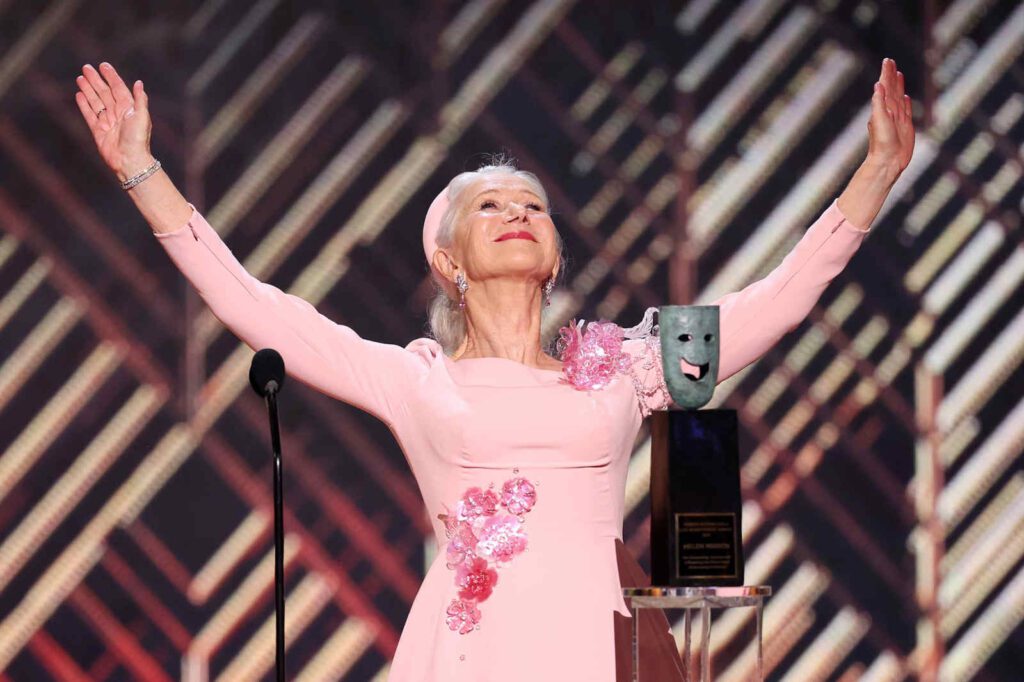
Did Barbra Streisand use pandemic money to boost her net worth?
In the heat of the pandemic, did you ask yourself how the rich and famous navigated the choppy waters of finance?
This is exactly the question that comes to mind when we delve into the intriguing case of Barbra Streisand’s film company, Barwood Films Ltd., and its dealings with the Paycheck Protection Program (PPP) during the height of the pandemic. With a net worth of over $400 million, is it a net worth that needed help in a pandemic? Let’s take a deeper look into her net worth now.

A Star’s Business in the Spotlight
Barbra Streisand, an icon with a net worth of $430 million, according to Forbes, has always been known for her luxurious lifestyle. But it’s her business, Barwood Films, that’s grabbing headlines now. The company, responsible for paying the groundskeeper of her $20 million Malibu mansion, secured a hefty sum of $200,000 in PPP loans. The twist? These loans were later entirely written off by the federal government.
The plot thickens when you consider the gardener in question. Employed by Barwood Films, this worker tends to the lavish gardens of Streisand’s clifftop estate – a property that doubles as the business’s registered address. Despite claims from Streisand’s spokesman that taxpayer funds weren’t used for the gardener’s salary, it’s intriguing to see such a direct connection between the star’s personal abode and her business’s financial dealings.

From Loans to Lavish Lifestyles
Diving deeper, Barwood Films, with its link to Streisand’s sprawling estate, raises eyebrows. The property, featuring an English-style garden, a replica antique shopping mall, and over three thousand rose bushes, is nothing short of an idyllic paradise.
It’s no surprise that such a luxurious home demands constant upkeep, but using a business to manage these expenses, and then having the associated loans forgiven, certainly sparks a conversation about the intersection of personal luxury and business necessities.
The Paycheck Protection Program, designed to support small businesses during the pandemic, was a lifeline for many. Barwood Films, qualifying as a small business, initially received $103,662 for six workers in 2020. This was followed by an additional $103,127 the next year.
With the criteria for loan forgiveness focusing on payroll expenses, Barwood managed to have the entirety of these loans written off. This move, while legal, raises questions about the spirit of the PPP initiative and its beneficiaries.

A Look Inside the Garden Gates
Let’s not forget the heart of this story: Streisand’s magnificent home and garden. This lush sanctuary, featured prominently on her Instagram, includes a poignant gravesite for her beloved pet, Samantha, and is a testament to her love for beauty and extravagance.
However, the fact that the upkeep of this personal paradise is entwined with her company’s finances, particularly in relation to federally forgiven loans, adds a layer of complexity to our understanding of celebrity business practices.
Barwood Films, beyond its gardening expenses, is a notable player in the film industry. With classics like A Star Is Born and Yentl under its belt, the company has a storied history. But its recent financial maneuvers, particularly involving PPP loans, shine a light on how businesses linked to high-net-worth individuals operate in times of crisis.

The Intersection of Wealth and Welfare
As we peel back the layers of this story, the intersection of Streisand’s personal wealth and the welfare measures intended for small businesses during a pandemic becomes increasingly evident. With nearly all PPP loans forgiven, the question isn’t just about legality but about the optics and ethics of such financial decisions, especially when they come from the world’s most affluent corners.
In a world where the lines between personal luxury and business needs often blur, especially among the rich and famous, the case of Barwood Films and its PPP loans is a fascinating study. It’s not just about the legalities, but the larger narrative
of how wealth and public resources interact in times of crisis. Was this a savvy business move or a questionable use of taxpayer-funded programs meant for struggling small businesses? As we continue to unravel the complexities of this story, one can’t help but ponder: In the grand scheme of things, where should we draw the line between personal indulgence and business necessity?







